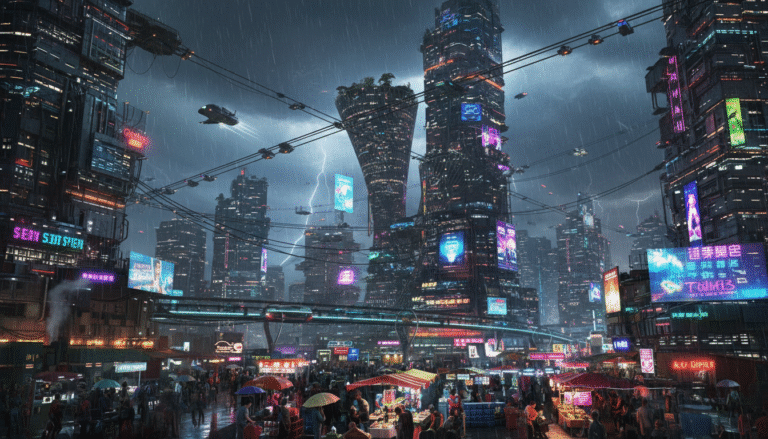Part One: Failing to Recognize History
I’ve seen more than one AI-opposer say “I hate when people call me a Luddite.” Here’s the thing, though — it’s not just an insult drawn from a baseless comparison. The term comes from real ties between the anti-AI trend and the Luddite movement of the 19th century.
There’s actually a near 1:1 analogy in play between those who are fighting AI and the Luddite textile workers of the 1800s who feared mechanical looms and knitting frames.
The Luddites famously moved for suppression, going so far as to destroy their mechanical enemies and penning threatening letters to industry leaders. They also famously lost.
The anti-AI crowd seems to follow this same losing playbook, actively choosing to suppress AI rather than guide its implementation and evolution. Much like the Luddites, many have sent out petitions and ‘letters of concern’ about the emerging technology. Also, much like them, many anti-AI folks have threatened AI supporters or users.
While most of the threats we’re seeing are about boycotts or blacklists, the less-formal platforms like social media are filled with insults, derision, and hatred directed toward people who are OK with AI. Let’s also assume that, if AI were encased in a little, tangible machine, many of the anti-AI crowd would happily smash it to bits.
It’s Luddite behavior revisited, in other words.
And all of this illustrates the lack of hindsight that the anti-AI crowd is displaying. Suppressing new technology might sound like a good idea, but it simply doesn’t work. In most cases, it doesn’t even work in the short term. It rarely pays off at all in the long run.
While I’m not saying all progress is inevitable (Mr. Anderson), I am saying that it’s borderline pointless to attempt suppression of a technology that’s gained so much traction in such a short amount of time. AI has gained that traction because, simply put, it’s useful. Practically and economically. And good luck putting the brakes on a technology that provides so much upside without demonstrably hurting anyone.
Sure, you can say it hurts people by taking jobs…but that has never, ever stopped the march of progress. If that were a condition of halting a technology, we’d still be in the Stone Age. Technology changes the economy. It changes the workforce.
It does these things not because it’s evil, but because that’s what happens when things move forward. I’ve said it a million times, but people lost their minds when the camera was invented because it allowed any ‘talentless hack’ to recreate an image by pushing a button. Even so, a hundred years later, there are some people who take amazing photographs, and a vast majority of folks who couldn’t compose a shot to save their lives.
Likewise, we’re already seeing a divide between people who tinker around with AI (most) and people who really know how to leverage it to its full potential.
At the end of the day, photography did not destroy the process of capturing a portrait or landscape; it did alter it. An entirely new form of art sprang forth — and extant artforms adapted and grew because of it — but what drove photography along was a more practical, efficient way to document images.
Because of the pragmatic benefits of photography, there was no way in hell the masses were going to suppress it. Do you think any number of petitions would have made newspapers run paintings instead of photos? The same goes for AI — it’s just too perfectly suited for certain tasks.
What we should be doing is guiding the development and expansion of AI, because calling it names and being emotional about its existence is not going to change anything.



